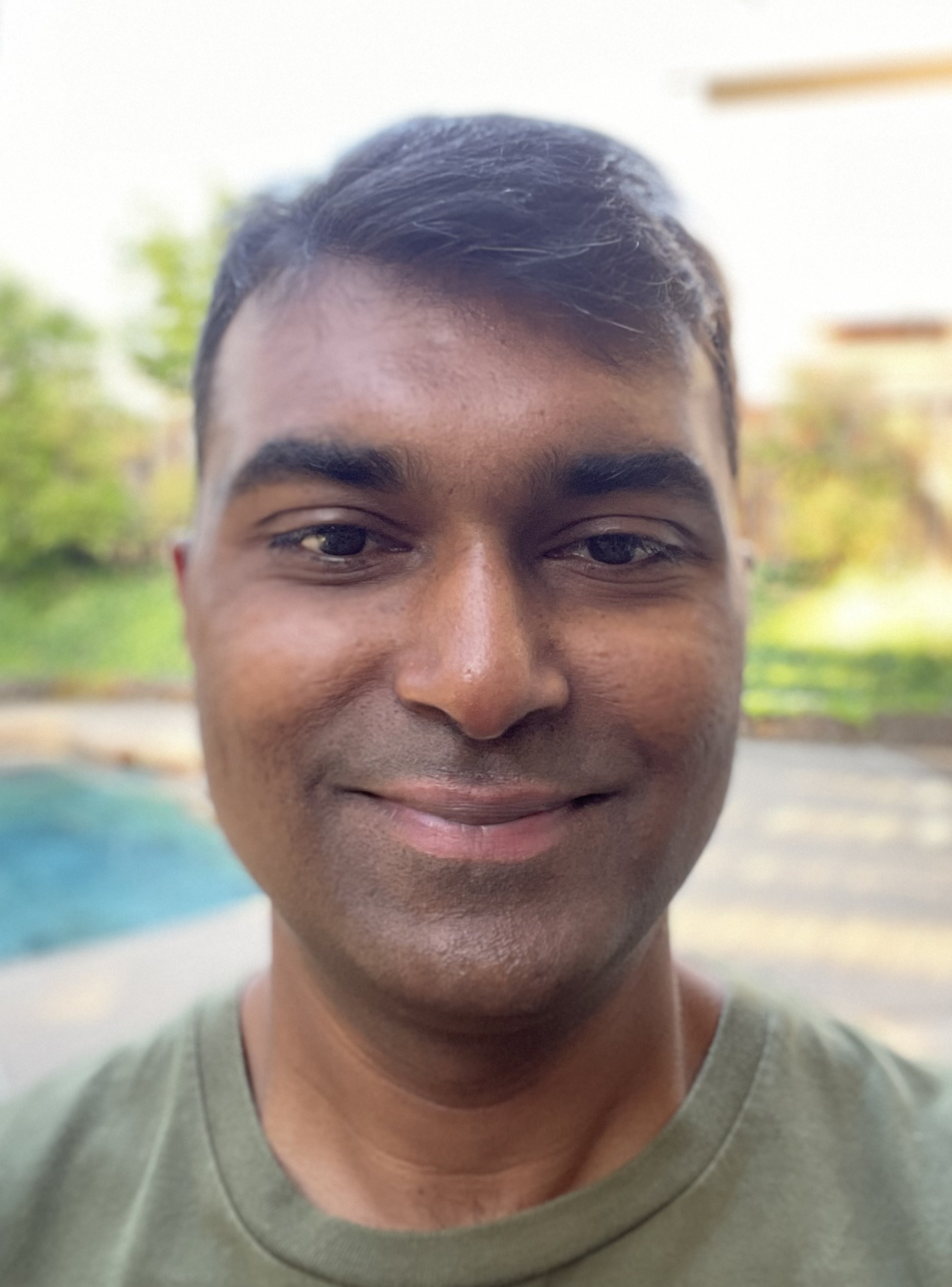
I build scalable systems and the teams that power them
Socio-Technical System Designer
Domain
- FinTech
- Healthcare
- Telecom
- Enterprise Software
Technical
- Java, Javascript, Go, Python
- GCP, AWS, Azure
- Oracle, Postgres, MongoDB
- SkLearn, PyTorch, TensorFlow, CrewAI, LangChain
Leadership
- Mentoring, Coaching
- Cross-functional communication
- Systems Thinking, Behavioral economics
My Story
A journey through technology, leadership, and innovation
Professional Experience
Sr. Staff Software Engineer | PayPal Inc
- Expert for PayPal's Credit Products' Architecture and Governance
- Core team member of PayPal's Agentic Commerce platform
- Led Pay Later Products Expansion in Europe (Revenue €40M/year)
- Migrated Pay Later products from Temenos to Fineract (Saved $5M USD/year)
- Built Generative AI Agents for test script automation, saving 2 weeks per product launch
Startup Advisor | SDLC.works
- Sole Technology Advisor, bootstrapping startup from scratch
- Drive hiring and team capability: recruiting and mentoring engineers
- Shape foundational architecture across modern stack (Next.js, AstroJS, Go, Postgres)
- Built automated build and deployment system using Nx, Nixpacks, GitHub Runners
Engineering Solutions Architect | Broadcom/CA Technologies
- Synthetically generated EDI files from production data with PII removed for ML training
- Delivered Peta Byte scale data movement solutions for Fortune 500 clients
- Engineered solutions across sales lifecycles, resulting in multi-year contract renewals
- Productized solution integrating eight CA tools, contributing to $10M USD annual revenue uplift
Lead Software Engineer | T-Mobile
- Built solution to migrate 50 million customers from Amdocs to Ericsson systems
- Managed complex data split across hundreds of database tables with ETL and audit controls
- Developed Telecom Domain knowledge across OSS, BSS, Network, Inventory, and Billing
- Led inter-disciplinary team of 20 engineers and business analysts
Senior Developer | US Cellular
- Developed automated reconciliation solutions across customer, billing, and order systems
- Enabled automatic correction of data discrepancies for Large Business Customers
- Implemented process and database optimizations, improving system performance
Junior to Sr. Technical Associate | Tech Mahindra
- Maintained Amdocs Billing and Order Management System for Landline and Mobile segments
- Used Oracle PL/SQL to analyze production logs and fix high-priority bugs
- Designed production-to-QA test data transfer scripts for accurate defect resolution
- Developed high-performance batch jobs in C/C++ for EOD and EOM processing
Education
An autodidact with focus on computer science, software engineering, social and systems sciences — Always learning
Post Graduate Program in AI and ML
- University of Texas, Austin
- Advanced training in AI and ML Business Applications
MS in Software Engineering
- Birla Institute of Technology and Science
- Advanced studies in software engineering principles and system design
BSC in Computer Technology
- Anna University
- Foundation of computer science and hardware
Why Choose me?
Core Values
Strategic Thinking & Vision
Bringing long-term perspective and forward-thinking approaches to solve complex challenges and drive organizational success.
Engineering Excellence
Commitment to best-in-class technology solutions, scalable architecture, and maintaining the highest quality standards.
Mentoring & Knowledge Sharing
Empowering teams through knowledge transfer, mentoring engineers, and building strong collaborative engineering cultures.
Business-Technology Alignment
Ensuring technology initiatives directly support business goals, delivering measurable value and ROI.
Driving Organizational Impact
Creating solutions that transform operations, reduce costs, increase efficiency, and drive sustainable growth.
Expertise Areas
Complex Techno-Social Problem Solving
Specializing in solutions that bridge technology and human systems across FinTech, Healthcare, Telecom, and Enterprise Software.
Holistic System Design
Designing end-to-end systems that integrate seamlessly, considering architecture, security, scalability, and maintainability.
Software Engineering Team Leadership
Leading and scaling engineering teams, from hiring and mentorship to establishing best practices and technical excellence.
AI Expertise and Implementation
Strong data engineering expertise for Predictive and Generative AI applications, including ML pipelines and agentic systems.
Cross-Industry Technology Solutions
Proven experience delivering technology solutions across diverse industries with deep domain knowledge and adaptable approaches.
Additional Strengths
15+ Years Experience
Over a decade and a half of hands-on experience solving complex technical problems and leading enterprise-level initiatives.
Proven Business Impact
Delivered solutions contributing millions in revenue and cost savings, from €40M revenue streams to $10M+ annual uplifts.
Large-Scale Architecture
Expertise in designing and implementing systems handling millions of users and petabytes of data with high reliability.
Innovation & AI Leadership
Pioneering AI solutions including Generative AI Agents and Agentic Commerce platforms, saving significant engineering time.